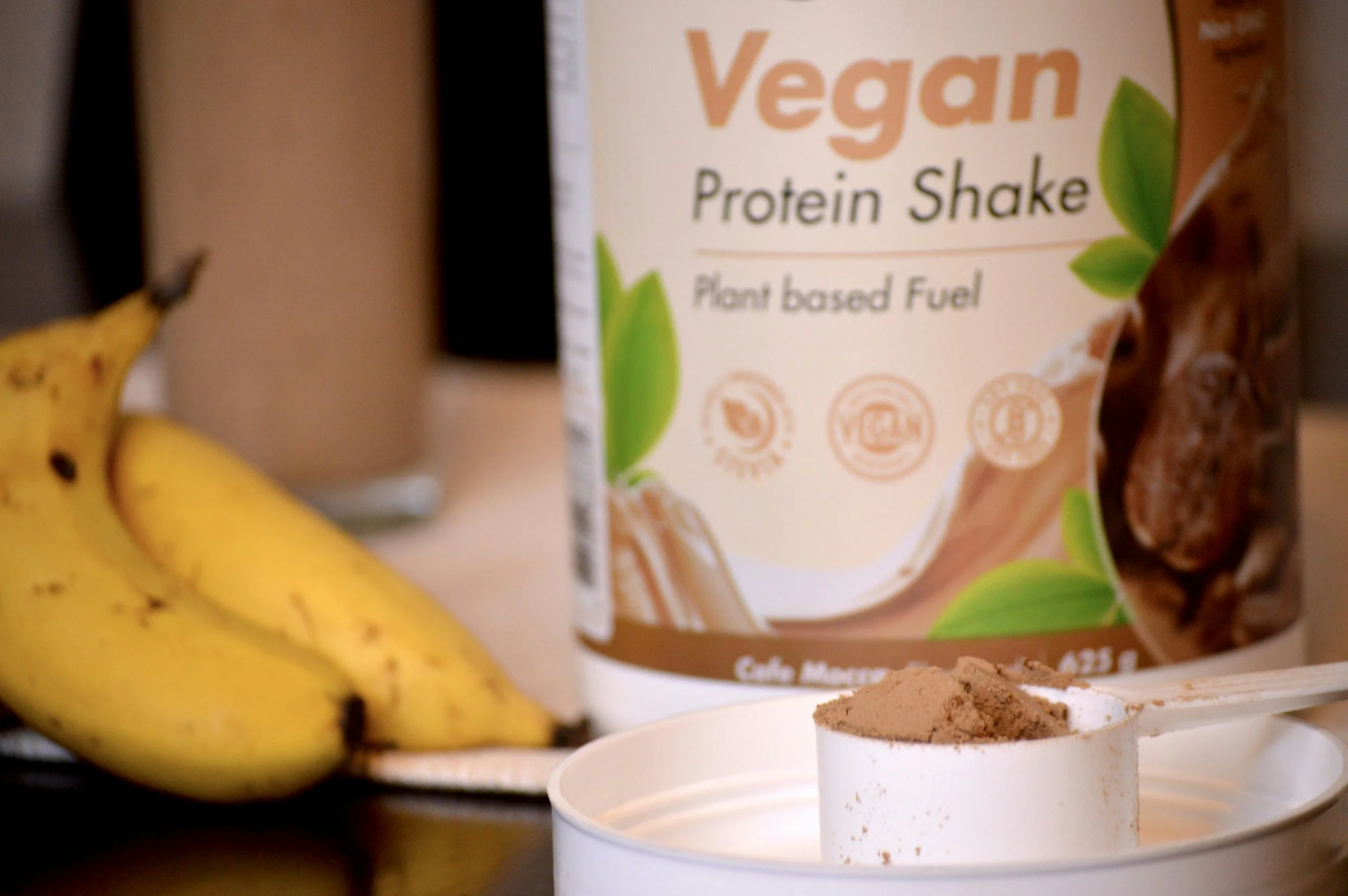Walk into any supplement store and it’s overwhelming. Rows of pre-workouts, amino acids, test boosters, fat burners, and other shiny tubs promising to change your game overnight. But the truth is, most of it is noise.
At Avos Strength, we keep it simple. If you’re training hard and want to support performance, recovery, and overall health, there are only two supplements that actually matter.
And they aren’t flashy.
1. Protein Powder: The Most Underrated Tool in the Game
You don’t need protein powder to build muscle, but it can make it a lot easier to get enough protein — especially if you're busy, training often, or just not eating enough.
Protein is the building block of muscle. Without it, recovery slows down and progress stalls.
The general recommendation for active individuals and athletes is 1.6 to 2.0 grams per kilogram of body weight per day. If you're trying to put on muscle or training at a high volume, aim for the higher end of that range.
This means a 70-kilogram athlete should be getting 112 to 140 grams of protein daily. That’s a lot of chicken breast and Greek yogurt — and that’s where a high-quality protein powder can help.
Look for a product that:
Lists all essential amino acids (a complete protein)
Contains at least 20 to 25 grams of protein per serving
Comes from a reputable source like whey isolate, casein, or a solid plant-based blend with a full amino acid profile
If you are a competitive athlete, make sure your product is third-party tested and carries a Safe for Sport stamp such as NSF Certified for Sport or Informed Sport. This ensures there are no banned substances and that what's on the label is actually in the product.
Using protein powder post-training or to fill in gaps throughout the day is one of the easiest and most cost-effective ways to hit your daily targets.
2. Creatine: The Most Researched Supplement in the World
Creatine is a naturally occurring compound made from three amino acids: arginine, glycine, and methionine. It’s stored in your muscles and used to quickly regenerate ATP, the energy source your body relies on for short, powerful efforts like lifting, sprinting, and jumping.
If there’s one supplement that lives up to the hype, it’s creatine. It's been studied for over 30 years and is backed by more peer-reviewed research than any other supplement on the market.
Creatine helps you:
Perform more reps at a given load
Recover faster between explosive efforts
Improve high-intensity performance over time
What’s even more exciting is the emerging research around brain health. Studies now suggest creatine may improve cognitive function, especially under sleep deprivation or mental fatigue, and may play a protective role in aging populations.
How to Take It
For muscle saturation: Take 5 grams of creatine monohydrate per day. No need to load or cycle it.
For brain health benefits: Newer research suggests 10 to 20 grams per day may be more effective, though higher doses should be discussed with a healthcare provider or sport nutritionist.
As with protein powder, if you're a competitive athlete, use a creatine product that is NSF Certified for Sport or Informed Sport. This ensures the supplement is free from banned substances and batch tested for safety.
Creatine is:
Safe
Inexpensive
Naturally occurring (your body makes it, and you also get it from meat and fish)
Non-hormonal
Effective for both men and women
Just take it consistently. It doesn’t need to be timed perfectly with your workout, and you don’t need a fancy pre-workout mix to get the benefits.
Don’t Get Caught in the Supplement Hype
BCAAs, pre-workouts, collagen, fat burners — they all have their place in the marketing stream, but they are not essential.
If you’re on a budget or just want to stick with what works, protein and creatine will give you the most return on your investment. Everything else is secondary.
And most importantly, no supplement replaces hard training, smart programming, and real food.
Build your foundation first. Let supplements support that — not define it.


